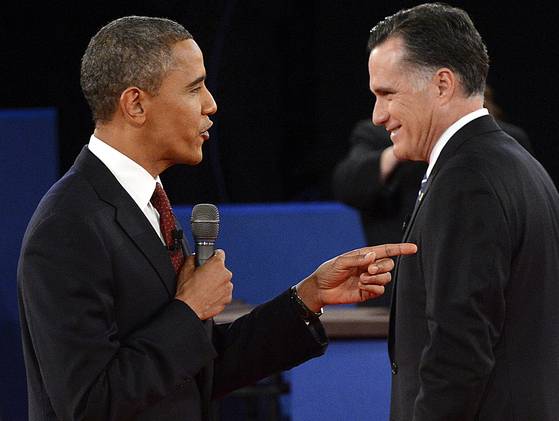Education is like a good book. When you first start to read as a child, reading a book seems like a daunting task to face. You start a book knowing little about it, and finish the book wishing to know more--and hating the fact that the book had to end. A good book makes you want to read more, such as becoming more knowledgable makes you want to learn even more. Each book builds a foundation for whatever else you choose to read next, just as you can take all previously acquired knowledge with you for the rest of your life. The characters in books also teach you lessons, and help you develop as a person--the same type of development a student receives with proper education.
 If there is one thing that I have learned through observation in schools this semester, it is that a teacher should not feel as if they have failed if a student does not seem interested in a given lesson. Each student is bound to have different interests, just as each person is bound have a favorite genre in a book. One should try to explain things in a variety of ways, as not every person has the same learning style. It is important to make sure that you help a student become a more well rounded individual so that they are able to decide what they like, and dislike. Teachers truly are the building blocks for the future generation, so it is important that we try to give the students all we can to help them succeed. We need to make sure that they are given as wide an array of knowledge as an avid reader has of books.
If there is one thing that I have learned through observation in schools this semester, it is that a teacher should not feel as if they have failed if a student does not seem interested in a given lesson. Each student is bound to have different interests, just as each person is bound have a favorite genre in a book. One should try to explain things in a variety of ways, as not every person has the same learning style. It is important to make sure that you help a student become a more well rounded individual so that they are able to decide what they like, and dislike. Teachers truly are the building blocks for the future generation, so it is important that we try to give the students all we can to help them succeed. We need to make sure that they are given as wide an array of knowledge as an avid reader has of books.








